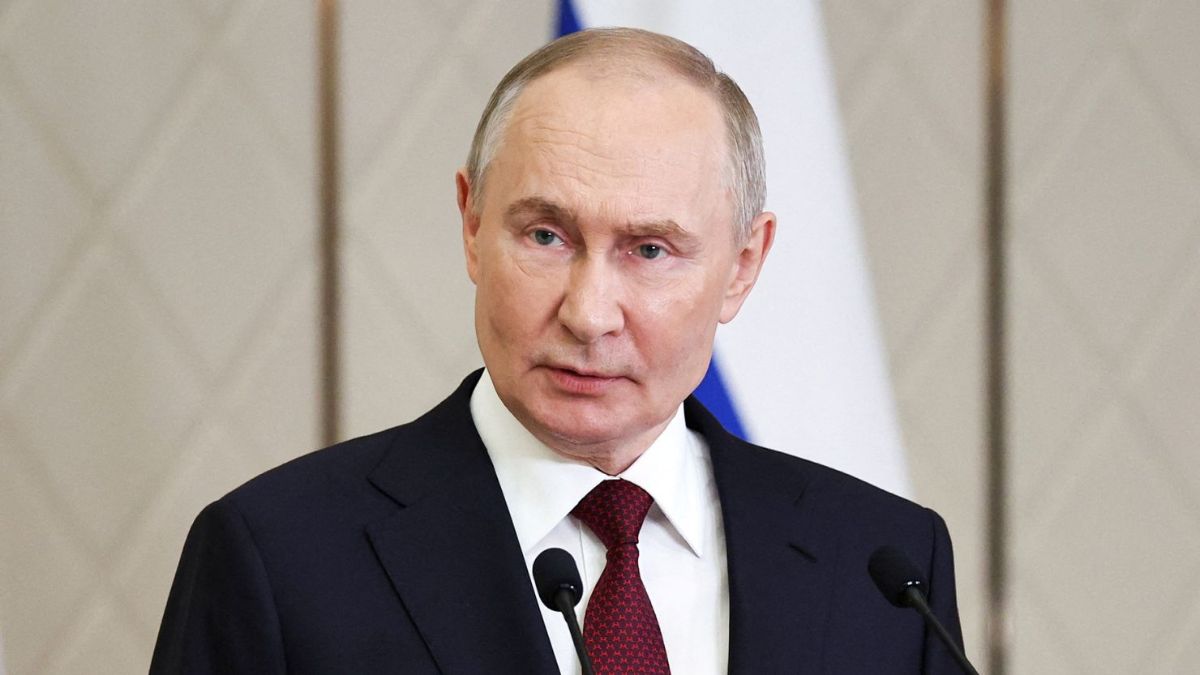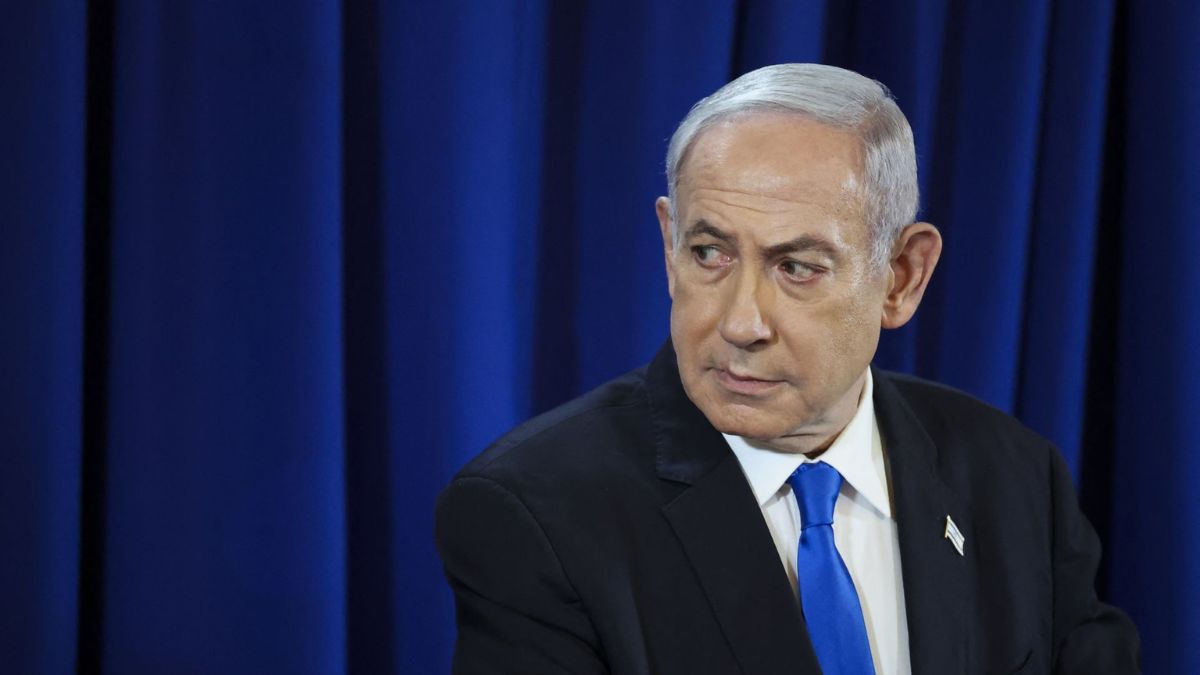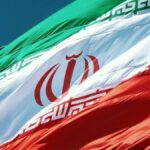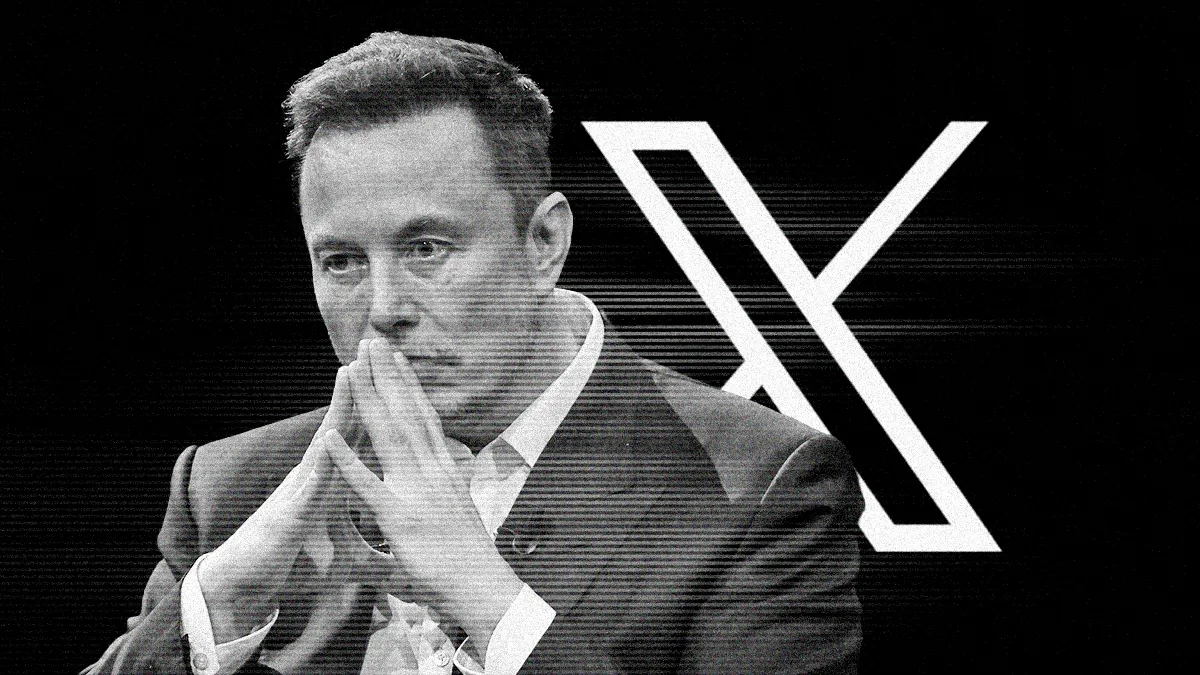Russia has announced that a new cancer vaccine based on mRNA technology will be available to patients for free starting in 2025. Officials say the vaccine is designed to treat cancer by slowing tumor growth, not to prevent it.
The project involves the Gamaleya National Research Center and the Radiology Medical Research Center. Andrey Kaprin, head of the Radiology Center, said patients across Russia will receive the vaccine at no cost.
The vaccine is described as personalized. It targets tumor-specific markers called neoantigens. Alexander Gintsburg, head of the Gamaleya Center, said early tests showed the vaccine can slow tumor growth and reduce the spread of cancer.
At the Eastern Economic Forum, Veronika Skvortsova, head of the Federal Medical-Biological Agency, said a version called Enteromix for colorectal cancer showed a 60% to 80% tumor reduction in animal studies.
President Vladimir Putin has praised the vaccine as part of a new generation of cancer treatments. Officials also say artificial intelligence is being used to design personalized vaccines more quickly.
The cost of each vaccine is about 300,000 rubles (£2,500), but the government will cover the expense so patients do not have to pay. Research is also expanding to other cancers such as glioblastoma and melanoma.
Experts, however, warn that many details remain unclear. Russia has not released full clinical trial results or peer-reviewed data. This has raised doubts, similar to when Russia announced the Sputnik V COVID-19 vaccine.
Global experts say developing a cancer vaccine is difficult. mRNA technology shows promise, but most projects are still in early stages. For comparison, US company Moderna expects to release a cancer vaccine by 2030.
If Russia’s vaccine proves effective, it could be a major step in cancer treatment. But experts say independent data is needed before drawing final conclusions.











